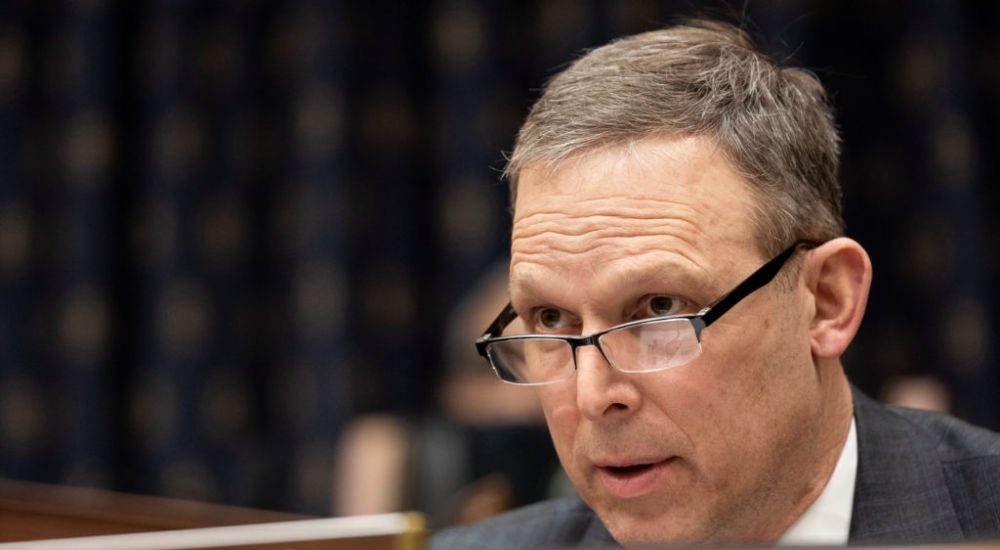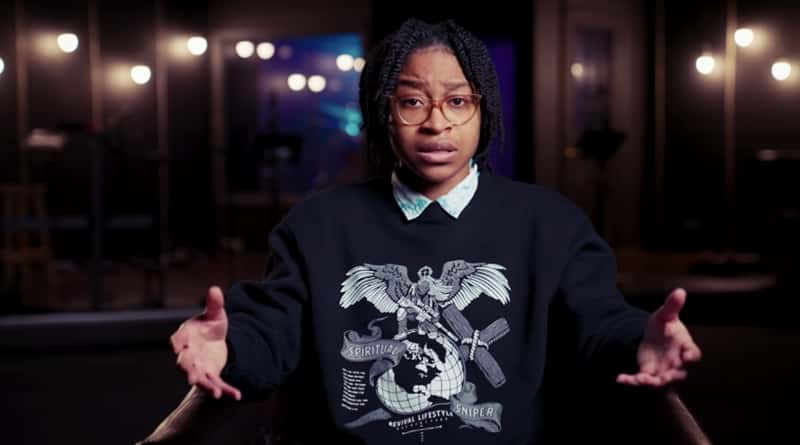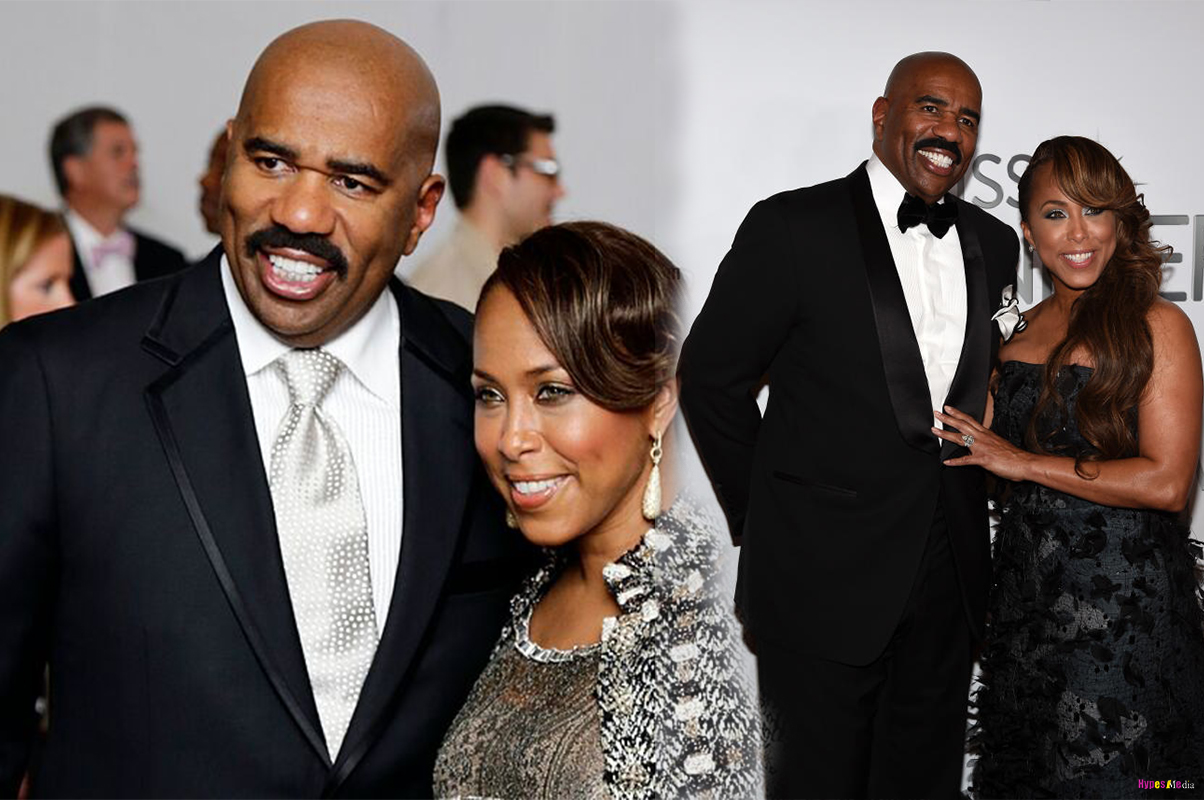Boko Haram And Alleged U.S. Funding: Claims by U.S. Congressman Scott Perry
 Boko Haram And Alleged U.S. Funding: Claims by U.S. Congressman Scott Perry
Boko Haram And Alleged U.S. Funding: Claims by U.S. Congressman Scott Perry
Republican U.S. Congressman Scott Perry recently made a controversial claim that U.S. government agencies, including USAID, have indirectly provided funding to Boko Haram, one of the most notorious terrorist organizations in Africa. Boko Haram, which originated in northeastern Nigeria, has been responsible for thousands of deaths, kidnappings, and widespread displacement since its rise to prominence in the early 2000s.
While no verified evidence supports this claim, Perry’s statement has added fuel to ongoing debates about U.S. foreign policy and its unintended consequences. During the Obama administration, the U.S. provided extensive counterterrorism assistance to Nigeria, including intelligence sharing and support for the Multinational Joint Task Force combating Boko Haram.
However, accusations of financial mismanagement and corruption within Nigeria have led some critics to suggest that foreign aid may have been exploited by bad actors within the system, potentially benefiting Boko Haram indirectly.
Boko Haram gained significant ground during Nigeria’s People’s Democratic Party (PDP) administration under President Goodluck Jonathan (2010–2015). However, it continued to thrive even after the All Progressives Congress (APC) came to power in 2015 under President Muhammadu Buhari, a retired general who campaigned on promises to end terrorism and restore security. Despite some military successes, Boko Haram’s operations persisted, leading to questions about the APC government’s commitment and effectiveness in tackling terrorism.
Some critics argue that the rise of Boko Haram indirectly benefited the APC politically. The deteriorating security situation under Jonathan’s government played a significant role in Buhari’s electoral victory in 2015. The APC leadership has since faced allegations of failing to address the root causes of terrorism, including poverty, unemployment, and lack of education in northern Nigeria.
Additionally, allegations of corruption and inefficiency in managing military operations have plagued the government’s counterterrorism efforts. Critics have pointed to the close diplomatic ties between Nigeria’s APC government and Democrat-led U.S. administrations under Barack Obama and Joe Biden.
During the Obama administration, the U.S. government provided significant military and humanitarian aid to Nigeria, with a focus on countering Boko Haram. This included funding for displaced populations, trauma counseling for victims, and initiatives to counter violent extremism. However, some have questioned whether this support was effectively utilized or whether it was misappropriated by Nigerian officials.
The Biden administration has continued to provide support to Nigeria, emphasizing the importance of regional stability in West Africa. However, critics allege that U.S. foreign policy under Democratic leadership has failed to hold Nigerian leaders accountable for corruption and human rights abuses, which have indirectly allowed Boko Haram to continue its operations. The allegations of U.S. funding for Boko Haram and the perceived complicity of Nigeria’s APC leadership highlight the complex dynamics of terrorism, governance, and international relations. While there is no concrete evidence to support claims that U.S. agencies directly fund Boko Haram, the accusations underline the importance of transparency and accountability in foreign aid programs.
For Nigeria, the fight against terrorism requires more than military action—it demands a comprehensive approach addressing the socio-economic factors that fuel extremism. Meanwhile, the international community, including the U.S., must ensure that its support reaches those in need and is not exploited by corrupt officials or unintended beneficiaries. The narrative surrounding Boko Haram, U.S. involvement, and Nigeria’s leadership remains deeply polarized. As investigations into these claims continue, the focus should remain on securing peace, stability, and justice for the millions of Nigerians affected by the group’s reign of terror.
SEE ALSO: GFA To Hold Emergency Elections Amid NSS Ghost Names Scandal Involving Gifty Oware-Mensah
View this post on Instagram





